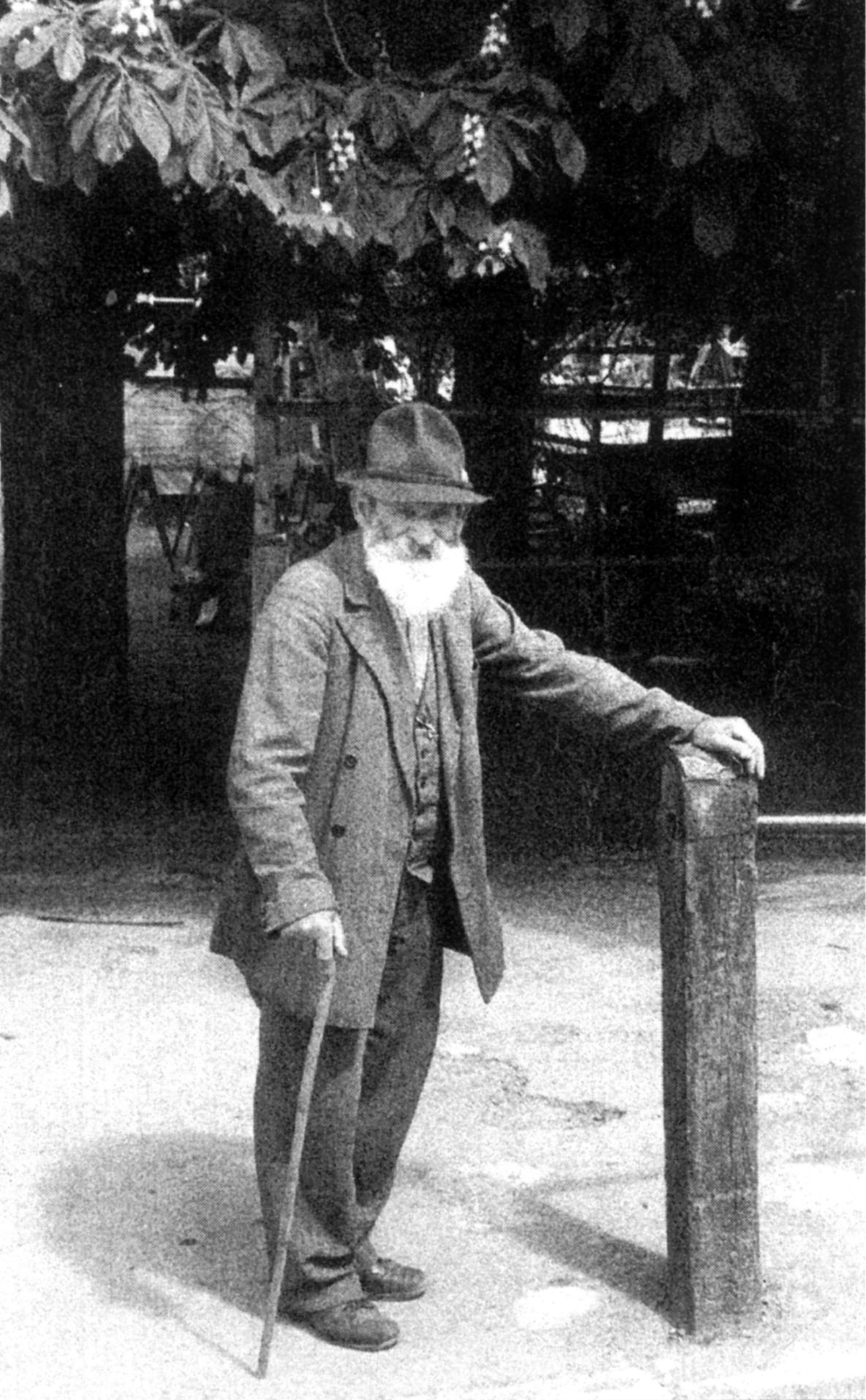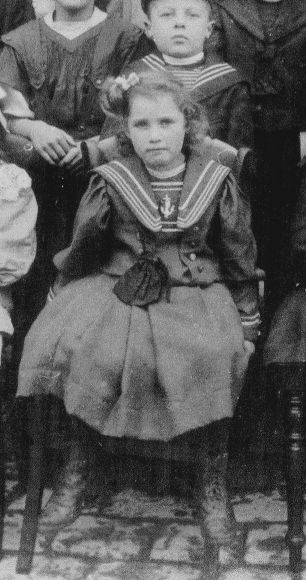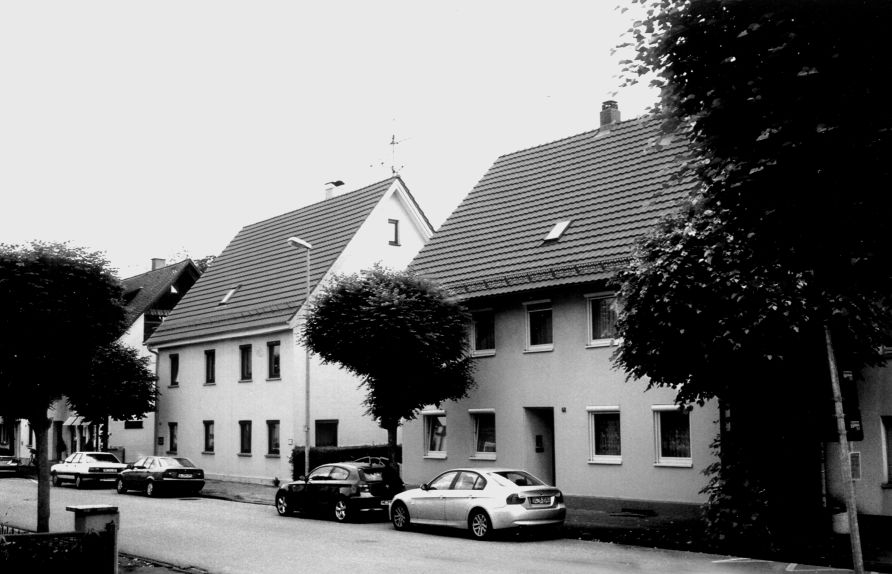 LÖWENTHAL,
Lazarus Michael,
LÖWENTHAL,
Lazarus Michael,
The Jewish
Community
of
La
Book Pages 365 - 368
Cattle dealer, 62 Kapellenstrasse

ROBER T
E ß
Lazarus Michael „Louis David“ Löwenthal born June13, died June 23, 1943 in Theresienstadt OO
Doris Löwenthal, née Klein born Sept.30, 1876, in Roth/Schwabach died April 6, 1942 in Theresienstadt
– [Getti, married name Kuttler born May 30, 1902 in Laupheim, emigrated to the USA]
– Selma Karolina born March 25, 1903 in Laupheim murdered May 3, 1942in Theresienstadt
– [Dinah married name Maly born March 31, 1906 in Laupheim emigrated to the USA]
– [David born July 17, 1907 in Laupheim emigrated to the USA, died Jan. 21, 1955 in Nassau, N.Y., USA]
L
Letter head of Marx Löwenthal
(Archives: Michael Schick)
During the Night of Broken Glass
(“Pogromnacht”) from Nov. 9 – 10, 1938, Louis Löwenthal, together with 16
further Jewish businessmen, was arrested, first taken to Ulm and from there
to the concentration camp in Dachau.

Louis Löwenthal, alias „schwarzer Lui“, photo from the 1930s
(Photo: Bilderkammer Museum)
With reference to this incident the Ulmer Tagblatt reported on November
11,1938:
“Justified
popular wrath – 56 Jews in protective custody.
In the course of the night, the police arrested 29 Jews from Ulm, 19 Jews from Laupheim, 8 Jews from Buttenhausen, who were provisionally put under guard at the police station and then sent to the police jail in the Griesbadgasse. They will stay in protective custody until further notice! In the afternoon the prisoners were taken to the jail near the Zundeltor, where they joined others who had been taken there directly. On the morning of November 11, a bus travelled to Dachau.”
Louis Löwenthal was only discharged on January 4, 1939, under the
condition “that they would keep quiet about their imprisonment, sell their
property and leave Germany”1)
On November
9, 1939, the first anniversary of the Night of Broken Glass, Louis
Löwenthal, together with twelve other Jewish men, was, at the instigation of
the District Administrator,once more taken into protective custody. He was
taken to the district-court prison with the aid of SS men and men of the
Reich Labour Service.2)
In September 1941 the 76-year old, together with his wife Doris and daughter Selma, had to move out of the house in the Kapellenstrasse, into the “Jewish Old People’s Home” at Judenberg 2 (the former Rabbinate). On November 25, 1941 the following objects bacame the property of the Reich, in accordance with the 11th Decree of the Reich Citizenship Laws of November 25, 1941:
the house at Kapellenstrasse
62 (two storeys),
the vegetable garden behind the house and the orchard,
altogether 951 square metres.
On January 7, 1942 the mayor of Laupheim wrote to the State Financial
Authority about the exploitation of Jewish assets at Kapellenstrasse 62:
“Louis David Löwenthal, the owner, is still living in Laupheim and therefore the legal proprietor. It can, however, be expected that they, too, will be deported to the East”. 3)
In August 1942, both Louis Löwenthal and his wife Doris were deported to
the concentration camp inTheresienstadt. She died of debilitation shortly
after their arrival on September 6. Louis Löwenthal died on June 23, 1943.
In 1905, there had been 51 cattle dealers in Laupheim (50 belonging to
the Israelite community, and one Christian). David Lazarus “Louis” was the
last of the Jewish cattle dealers of Laupheim to die.
The Children:
Selma Karolina
Löwenthal,
born on May 30, 1902 in
Laupheim, was unmarried and in 1933 lived at first in Frankfurt am Main. In
1936 she lived in Ulm on the Danube and up to 1938 in Cologne. After that
she returned to Laupheim to her parents, who lived in Kapellenstrasse.
Later, she and her parents had to move to the former Rabbinate at Judenberg
2.
In 1942, Selma Löwenthal was first deported from Laupheim to the
concentration camp in Theresienstadt, and from there on August 20, 1942,
directly to the extermination camp Icbica near Lublin.

Son David Löwenthal, born on July 17, 1907 in Laupheim, was
unmarried and a butcher. He returned to Laupheim on June 5, 1935, from Bad
Wildungen.
Getti, married name Kuttler, and Dinah, married
name Maly, emigrated to the USA together with their brother David.
The two surviving sisters, Getti and Dinah, and their brother David, were
the legitimate inheritors of the property at Kapellenstrasse 62. In May,
1952, they filed a petition for the restitution of the property and the
reembursement of the rental income due up to that date, of which the tax
office in Biberach was in charge. The restitution of their property followed
promptly.4)

Getti in a school photograph of 1909.

Kapellenstrasse 62 and 64, the two Löwenthal houses on the right-hand
side of the street in their present-day state.
(Foto: Robert Eß)
Sources:
1) „Die Deportation der Juden aus Laupheim“, Seite 23, Cornelia Hecht/Antje
Köhler Schmidt.
2) „Die Deportation der Juden aus Laupheim“, Seite 31.
3) Schreiben des Laupheimer Bürgermeisters an die Oberfinanzdirektion von
Württemberg in Stuttgart. und „Deportation der Juden aus Laupheim“, Seite
75.
4) Staatsarchiv Sigmaringen Wü 126/2 Nr. 3, Schreiben von Martin D.
Löwenthal im Namen der Erben am 15. Mai 1951 an
das Bürgermeisteramt Laupheim.
